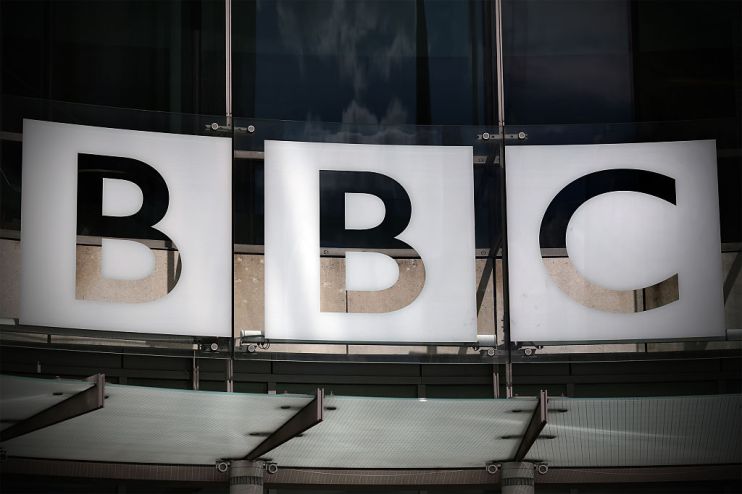The BBC’s new boss must win back British audiences

Tony Hall’s decision to step down as BBC director general has created a vacancy for one of the most prestigious and influential jobs in UK media — if, that is, anyone is brave enough to take it.
Speculation is already mounting about who will take up the mantle (there’s a good chance the corporation will get its first female boss), but there’s no doubt Hall’s successor faces a wave of unprecedented challenges.
Of course, the BBC is no stranger to scandals. From disputes over its political output and the coverage of historical sexual abuse allegations to the ongoing saga of its gender pay gap, the broadcaster has often found itself in crisis but always manages to come through the other side. Now, however, the public service broadcaster faces a more existential threat.
Top of the list for the next BBC boss will be to forge a relationship with the government. Boris Johnson and his chief aide Dominic Cummings have already proved standoffish, to say the least, instigating a boycott of Radio 4’s flagship Today programme. They have also threatened to decriminalise non-payment of the licence fee — a move that would likely kneecap the organisation’s funding.
Meanwhile, Hall’s replacement will be thrust into a fierce firefight between traditional broadcasters and Silicon Valley interlopers such as Netflix, which have far deeper pockets than the BBC and are not held back by public interest obligations.
In fact, with younger audiences deserting the corporation at an alarming rate and the trusty over-75 shunned by the free licence fee cut, the BBC has never looked on shakier ground.
There is, therefore, no doubt that the new Beeb boss will need to implement radical reform to ensure the historic institution can hold its own in the modern world. Yet the director general will have a first, more fundamental duty: to reestablish the BBC’s purpose and value in the eyes of the British people.
The broadcaster’s obligation to serve everyone in the country is — and has always been — both a blessing and a curse. But now, for the first time, it faces real scrutiny over whether its public service remit remains relevant, or is merely an anachronism.
Navigating these challenges is no mean feat. Nor is the task faced by chairman David Clementi, who will lead the search for the next chief of W1A. One thing is clear, however: the BBC must revitalise its offering and reconnect with its audience, or the new chief could find themselves managing an institution in decline.